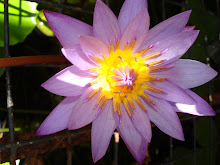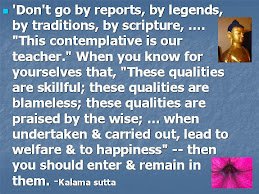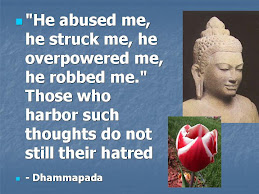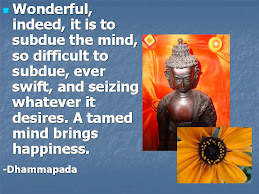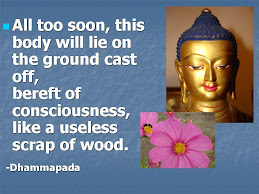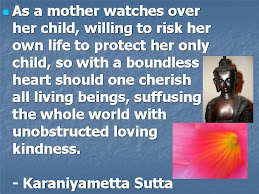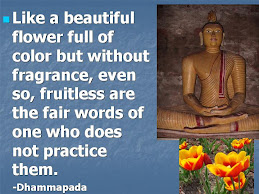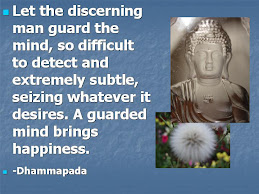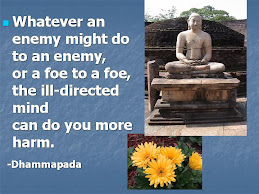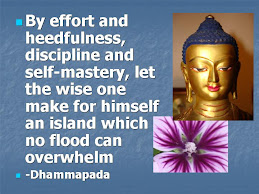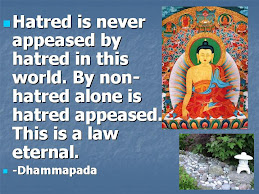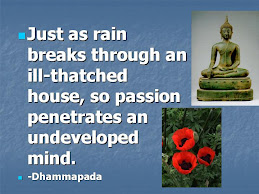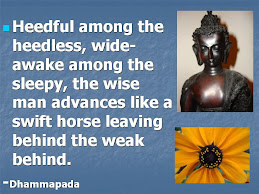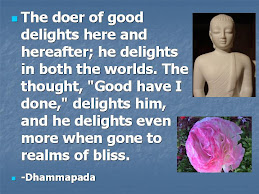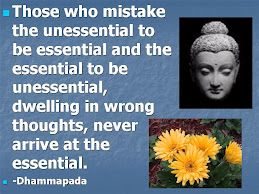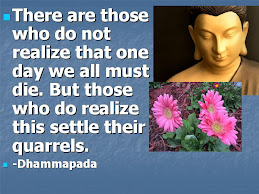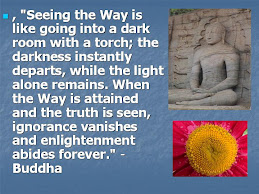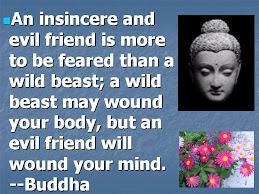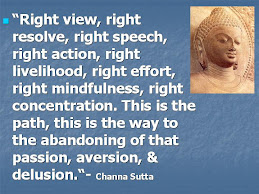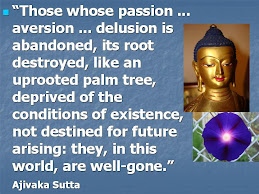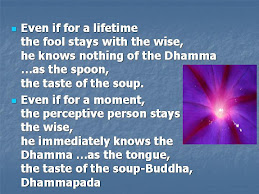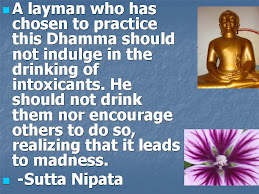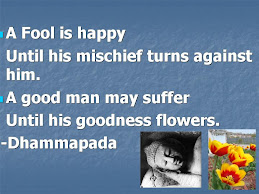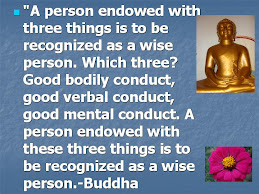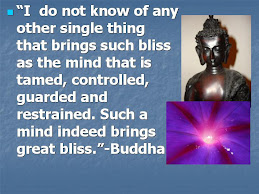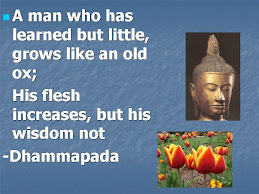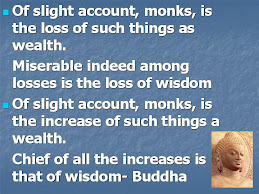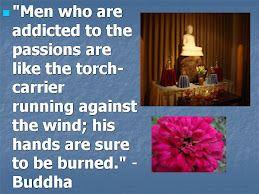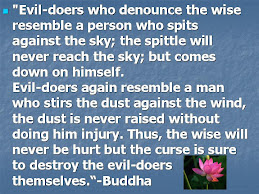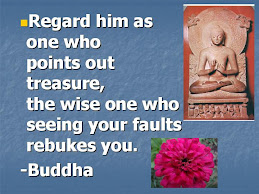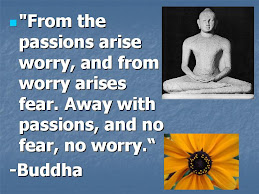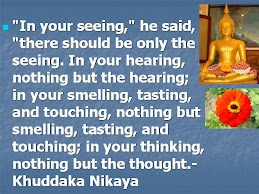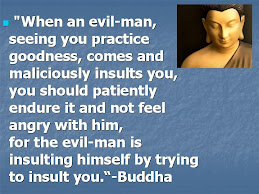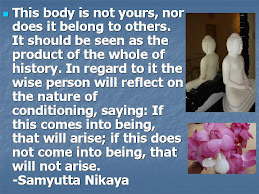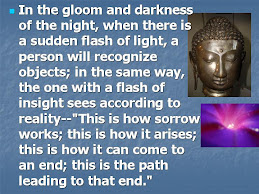
" Monk,
just as if a fisherman were to cast a baited hook into a deep lake and a fish with its eye out for food would swallow it — so that the fish that had thus swallowed the fisherman's hook would fall into misfortune & disaster, and the fisherman could do with it as he will — in the same way, there are these six hooks in the world for the misfortune of beings, for the slaughter of those that breathe. Which six?
"There are forms, monks, cognizable via the eye — agreeable, pleasing, charming, endearing, fostering desire, enticing. If a monk relishes them, welcomes them, & remains fastened to them, he is said to be a monk who has swallowed
Mara's hook, who has fallen into misfortune & disaster. The Evil One can do with him as he will.
"There are sounds cognizable via the ear...
"There are aromas cognizable via the nose...
"There are flavors cognizable via the tongue...
"There are tactile sensations cognizable via the body...
"There are ideas cognizable via the intellect — agreeable, pleasing, charming, endearing, fostering desire, enticing. If a monk relishes them, welcomes them, & remains fastened to them, he is said to be a monk who has swallowed Mara's hook, who has fallen into misfortune & disaster. The Evil One can do with him as he will.














 The remains of an ancient city in Sri Lanka (Sigiriya)
The remains of an ancient city in Sri Lanka (Sigiriya)

